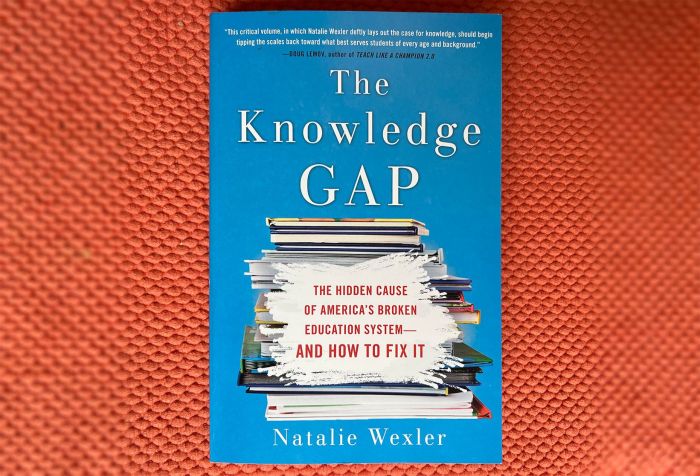The gap between what food handlers are required to know and their actual knowledge poses significant risks to food safety. This disparity can lead to foodborne illnesses, product recalls, and even legal liabilities. Addressing this knowledge gap requires a comprehensive approach involving effective training, regulatory compliance, and continuous improvement.
Food handling regulations establish minimum standards for food safety practices, including knowledge requirements for food handlers. However, studies have consistently shown that many food handlers lack sufficient knowledge in critical areas, such as foodborne pathogens, cross-contamination prevention, and proper food storage.
Knowledge Gap Assessment

Identifying and addressing knowledge gaps among food handlers is crucial for ensuring food safety. A comprehensive assessment of food handling knowledge requirements is essential to determine the areas where food handlers lack sufficient understanding.
Potential consequences of knowledge gaps include:
- Increased risk of foodborne illnesses
- Poor food safety practices
- Compliance violations
Training and Education Strategies
Effective training methods for addressing knowledge gaps include:
- Online platforms
- Hands-on workshops
- Simulations
Best practices for developing and delivering training materials include:
- Using clear and concise language
- Providing practical examples
- Including interactive exercises
Regulatory Compliance and Enforcement
Regulatory agencies play a vital role in ensuring food safety by establishing and enforcing food handling regulations. Compliance with these regulations is essential to minimize the risk of foodborne illnesses and protect public health.
Potential penalties for non-compliance include:
- Fines
- License suspensions
- Criminal charges
Continuous Improvement and Evaluation, Gap between what food handlers are required to know
Ongoing monitoring and evaluation of food handling knowledge is crucial for continuous improvement. Methods for assessing the effectiveness of training programs include:
- Observation of food handling practices
- Questionnaires
- Review of food safety records
Feedback from food handlers and other stakeholders should be incorporated into future training initiatives to ensure they remain effective and relevant.
FAQ Corner: Gap Between What Food Handlers Are Required To Know
What are the potential consequences of knowledge gaps among food handlers?
Knowledge gaps can lead to unsafe food handling practices, increased risk of foodborne illnesses, product recalls, and legal liabilities for food establishments.
How can training programs effectively address knowledge gaps?
Effective training programs should use a variety of methods, including hands-on demonstrations, simulations, and online platforms. They should also be tailored to the specific needs of food handlers and regularly evaluated for effectiveness.
What role do regulatory agencies play in ensuring food safety?
Regulatory agencies establish food handling regulations and conduct inspections to ensure compliance. They also provide guidance and resources to food establishments to help them meet food safety requirements.



